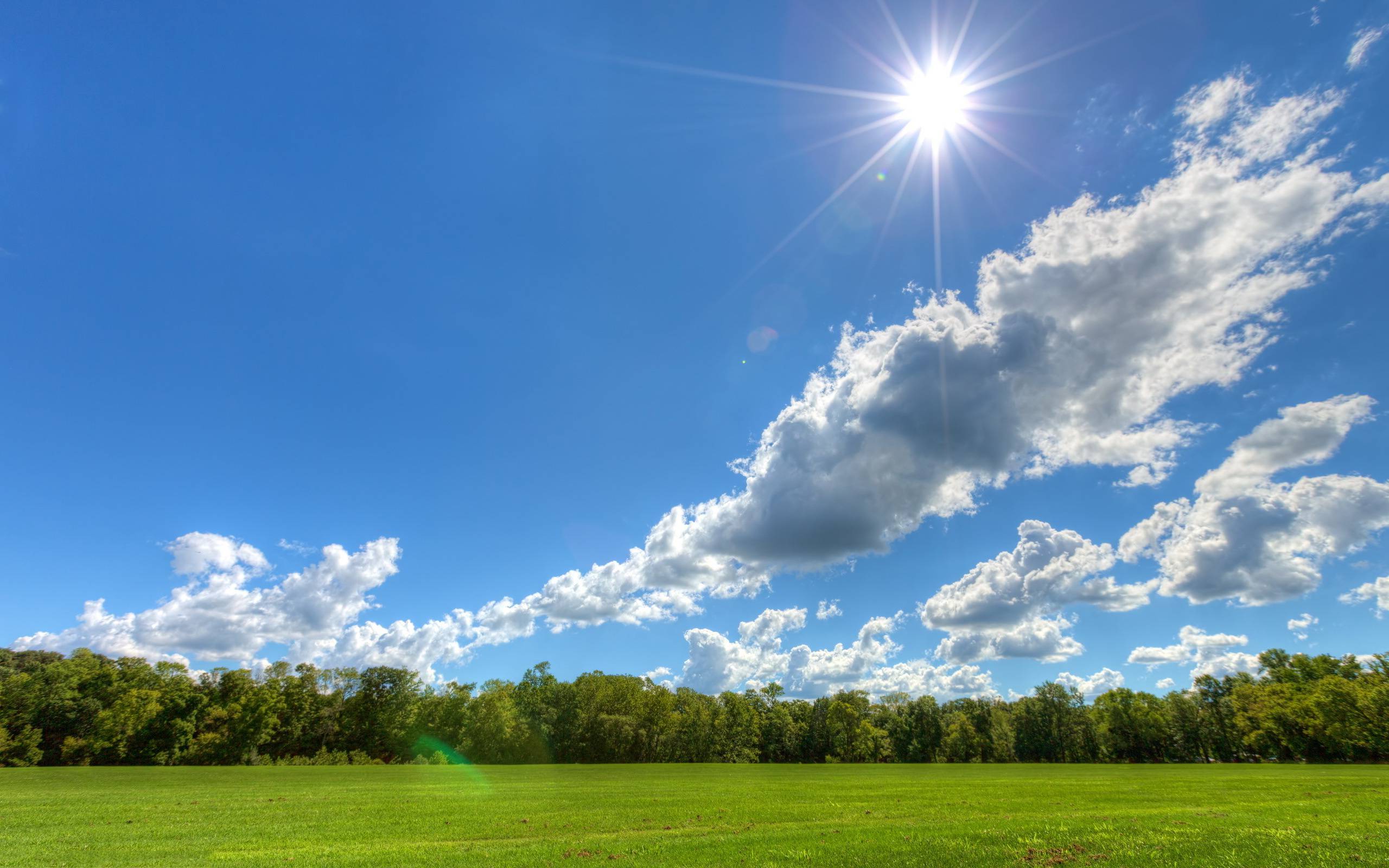The observance of Earth Day serves as a poignant reminder of humanity’s collective responsibility to nurture and sustain the planet. Yet, as the echoes of this monumental occasion fade, one must pose a playful question: What happens the day after Earth Day? Is the fervor for environmental preservation a fleeting emotion, or can it catalyze a lasting commitment to ecological stewardship? This inquiry invites individuals to confront a profound challenge that transcends a mere commemoration—an enduring engagement to protect our environment informed by the principles of the Baha’i Faith.
At the very heart of the Baha’i teachings lies a resounding call for unity and global cooperation. The foundational belief that humanity constitutes a single race implies that environmental issues are inherently collective. To honor the Earth and protect its delicate ecosystems, Baha’is are encouraged to adopt comprehensive strategies that meld spiritual principles with actionable endeavors. Such an endeavor requires an introspective exploration of how these teachings can inform our actions beyond permissible appraisals of environmental celebrations.
A paramount tenet within the Baha’i Faith is the principle of the interconnectedness of all life. The recognition that every being, flora and fauna alike, contributes to the holistic ecosystem reinforces the idea that the health of our planet is inextricably linked to our own well-being. This understanding presents an ethical imperative: Each choice we make can either uplift the ecological balance or disrupt it. Consider the whimsical notion of a butterfly effect; even the minutiae of our daily life can reverberate through nature, ultimately influencing the very fabric of our world. Therefore, the challenge lies not just in combating environmental crises, but in fostering a mindset that reveres the intricate web of life we inhabit.
To evoke the latent potential within every individual, a grassroots approach is advocated. Communities are unwittingly reservoirs of innovation, creativity, and collaboration. Baha’is are urged to mobilize local efforts aimed at edifying their surroundings. Initiatives could range from tree-planting endeavors to educational programs on sustainable practices. However, these actions should not be episodic. Rather, they should manifest as a transformative movement towards eco-consciousness, inspiring a ripple effect that encourages others to join the crusade for environmental preservance.
Moreover, the concept of ‘consultation’ in the Baha’i Faith offers an exemplary framework for addressing environmental issues. It is through collective discourse that innovative solutions emerge. Communities are called to engage in open dialogues that synthesize diverse perspectives on sustainability, thereby fostering inclusivity and resilience. Such conversations can transcend geographical and cultural barriers. Even a discussion over a modest dinner table can plant the seed for monumental shifts in environmental consciousness.
Education emerges as another critical component in the quest for ongoing action. The teachings of Baha’u’llah exhort Baha’is to seek knowledge and share it. Implementing educational initiatives that elucidate the environmental crisis, as well as solutions to assuage it, invites individuals not only to reflect on their personal responsibility but also to empower future generations. The notion of stewardship extends beyond one’s lifetime, necessitating a commitment to educate the youth about sustainable practices, encouraging them to conceive of their relationship with nature as sacred.
In addition, the Baha’i perspective emphasizes the importance of justice, both social and environmental. Equity in resource distribution is fundamental to achieving sustainability. The privilege of environmental stewardship should not fall upon the shoulders of a select few but should be democratized, ensuring that all communities, particularly the marginalized, have access to resources that nurture a healthy environment. This inclusive approach dismantles structural inequalities and fosters collective accountability—an ethos that aligns seamlessly with the Baha’i principle of the oneness of humanity.
Nevertheless, the transition from awareness to action is fraught with obstacles. One often confronts the sobering truth that the enormity of environmental issues can seem insurmountable. The emerging climate crisis, pollution, and biodiversity loss are daunting challenges that present a paradox: how do individuals contribute to solutions that seem inconceivably vast? Herein lies the importance of localized actions anchored in Baha’i teachings. Incremental efforts, such as waste reduction, water conservation, or advocating for policies that prioritize environmental well-being, cumulatively construct a legacy of respect for nature.
Furthermore, seeking guidance through spiritual reflections can fortify the resolve to remain active participants in ecological preservation. The Baha’i writings imbue followers with a profound sense of hope and purpose; they inspire a connection to the divine creation all around us. Engaging in prayer, meditation, or reflection upon the interconnectedness of life not only instills a reverence for our environment but also invigorates the spirit to act consistently, even when external circumstances may evoke despair.
As we attentively navigate the responsibilities that extend beyond Earth Day, let us envision a world where the commitments we make are not confined to a singular day but are woven into the very fabric of our daily lives. By embracing the Baha’i teachings as a guiding force, cultivating community engagement through education and consultation, and fostering a spirit of justice and inclusivity, we can transform our collective consciousness into a forward-thinking movement. The challenge remains: can we sustain this momentum, gather strength from one another, and embody the principles of the Baha’i Faith in our environmentally conscious actions indefinitely?
